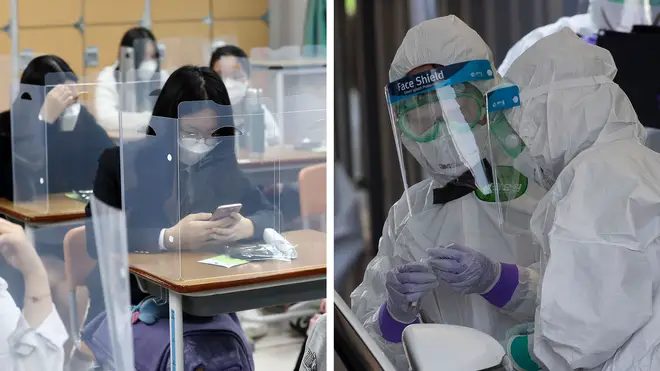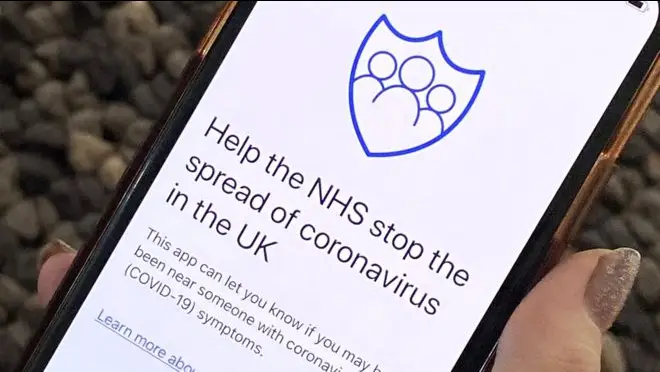
Matthew Wright 7am - 10am
21 May 2020, 08:27

Boris Johnson has promised a "world-beating" coronavirus track and trace system to help get the UK out of lockdown. But he has some way to go to match this remarkable South Korean operation.
The UK is recruiting 25,000 contact tracers, which will allow them to identify the contacts of up to 10,000 people who have contracted coronavirus every day.
That programme - along with the mobile app - is a key part of the government's plan to get the country back to a level of normality.
But this story from South Korea shows just how far they have to go to get a system which is truly "world-beating".
Having thought they had beaten coronavirus completely, officials detected a coronavirus outbreak centred on a nightclub in the Itaewon district in Seoul.
Their contact tracing system kicked into gear and tracked down and tested a remarkable 65,000 people who had been to the clubs in the area or been in contact with those who had.
Results came back the next day and 170 tested positive for Covid-19 and were put into quarantine. 89 of those had been to the clubs and bars in Itaewon, while the rest had caught the disease from these people.

This guest perfectly explains the issue with the UK's coronavirus app
Health service leaders say the tracking process is key in helping stop a second wave of infections. But the UK's app, which is being trialled on the Isle of Wight, is not ready.
Dr Michael Veale, a lecturer in Digital Rights and Regulation at UCL, told LBC about the problems with the UK's NHSX app.
He said: "The UK's app places a lot of the data from seeing other people using bluetooth into the cloud where you can see a social network of who has seen who.
"But the UK is quite alone in doing that, because most other countries are using a decentralised system which works across borders and everything happens on people's phones. It's only the UK, Norway, India and possibly France using this system.
"It's important for this to work on iPhones, which tend to block bluetooth, and only the decentralised versions work reliably on iPhones."

Security Minister James Brokenshire insisted the government think the centralised version is better to trace regional variations.
He told LBC: "We think the centralised system actually gives you better visibility on where there might be hotspots.
"There are arguments for both systems. It comes down to what each system gives you and we believe a centralised version gives you more in terms of being able to identify where cases are from localised perspectives.
"That is part of what we're putting in place. The main emphasis alongside the app system is having the core handlers, getting the capacity for people to ring people in a manual fashion to supplement it."